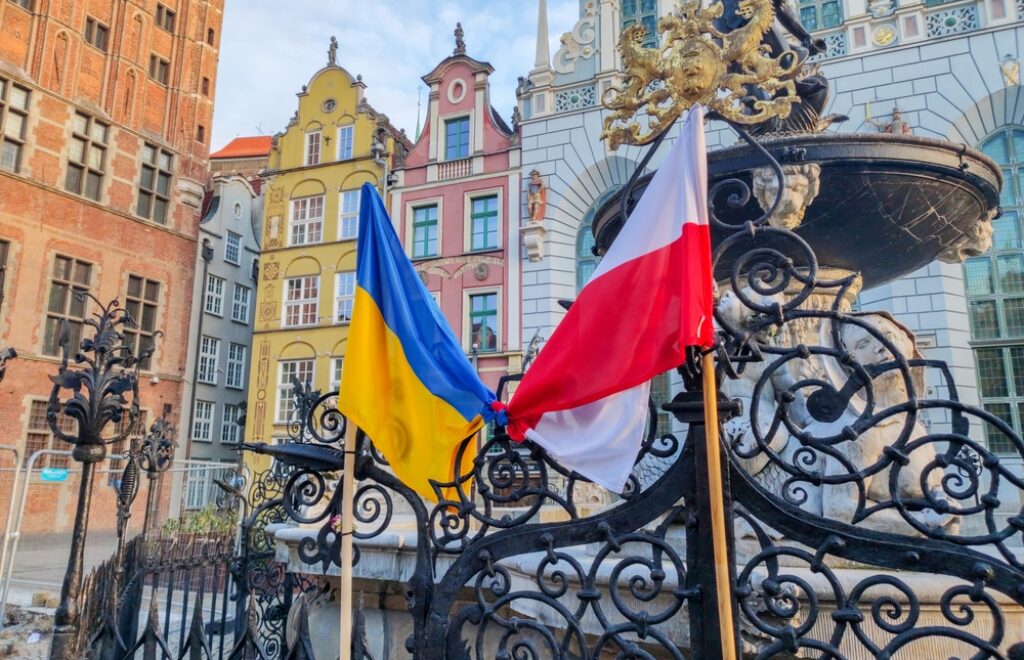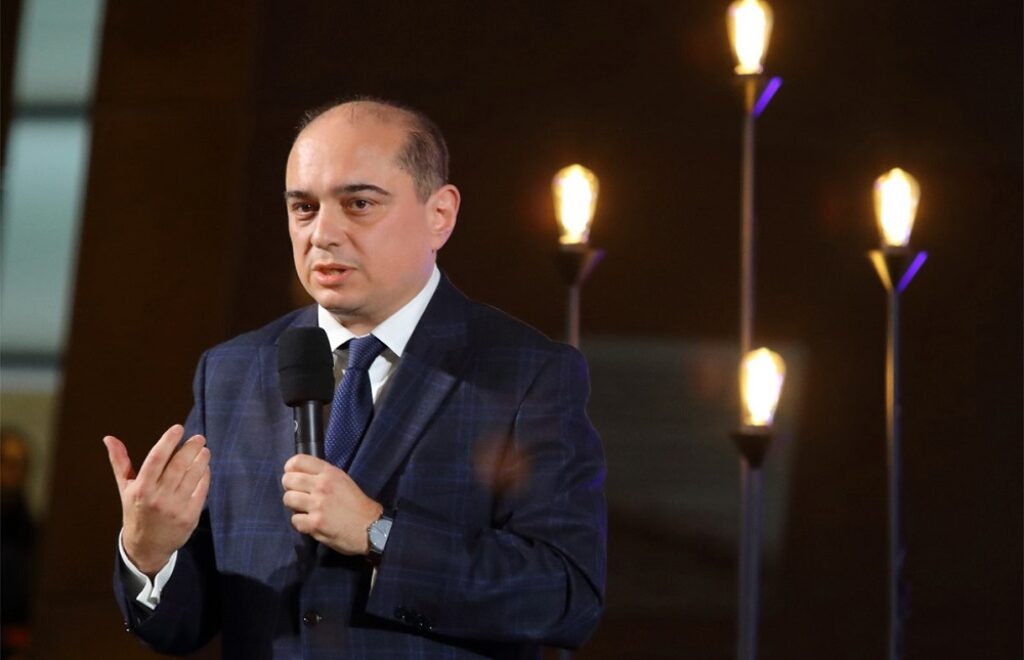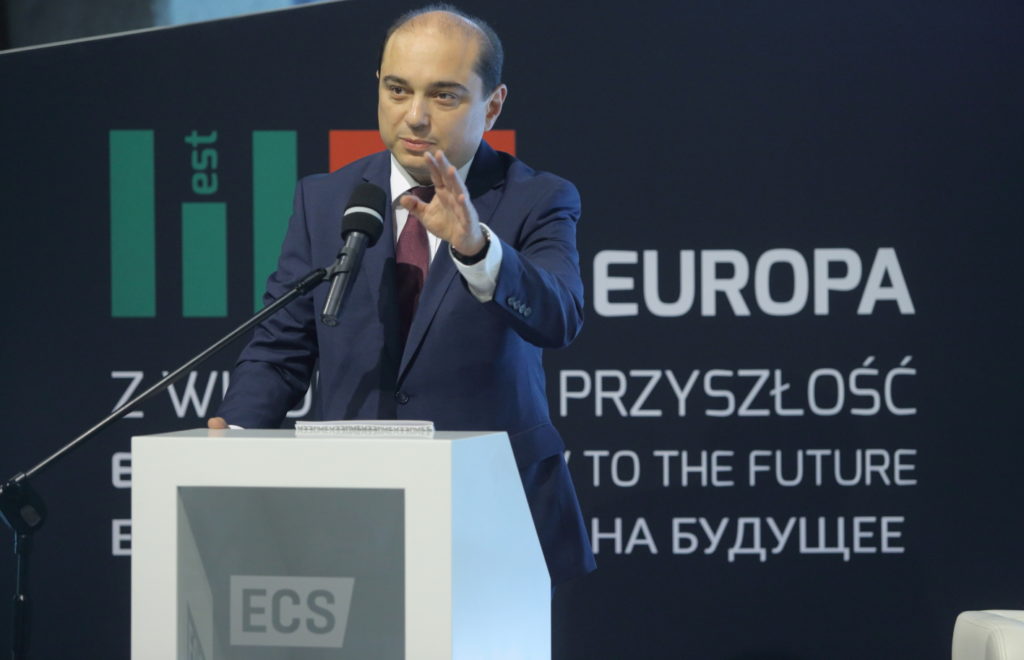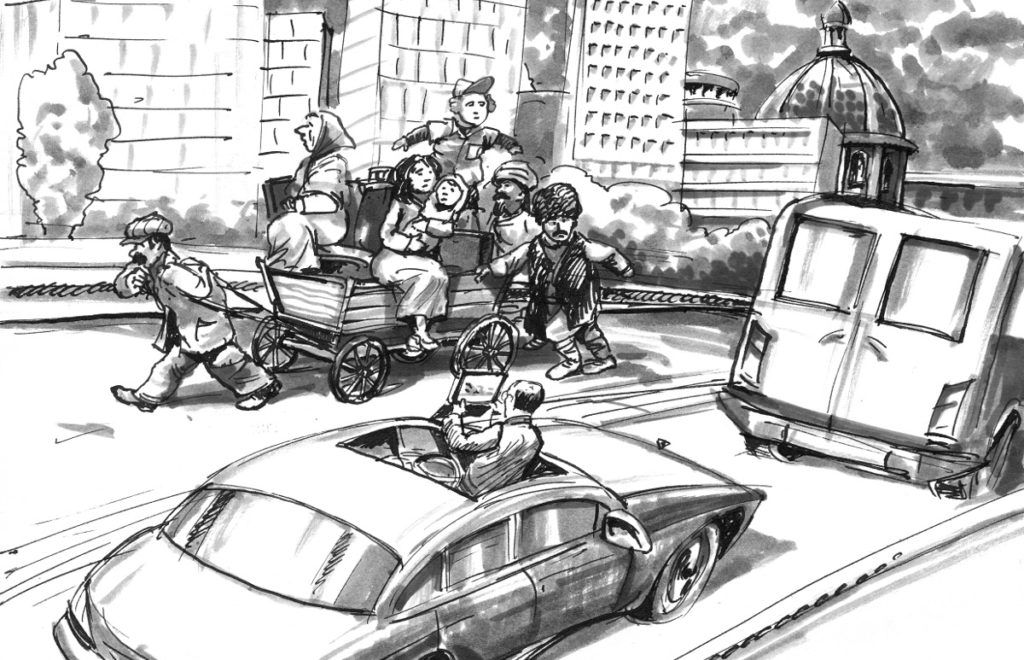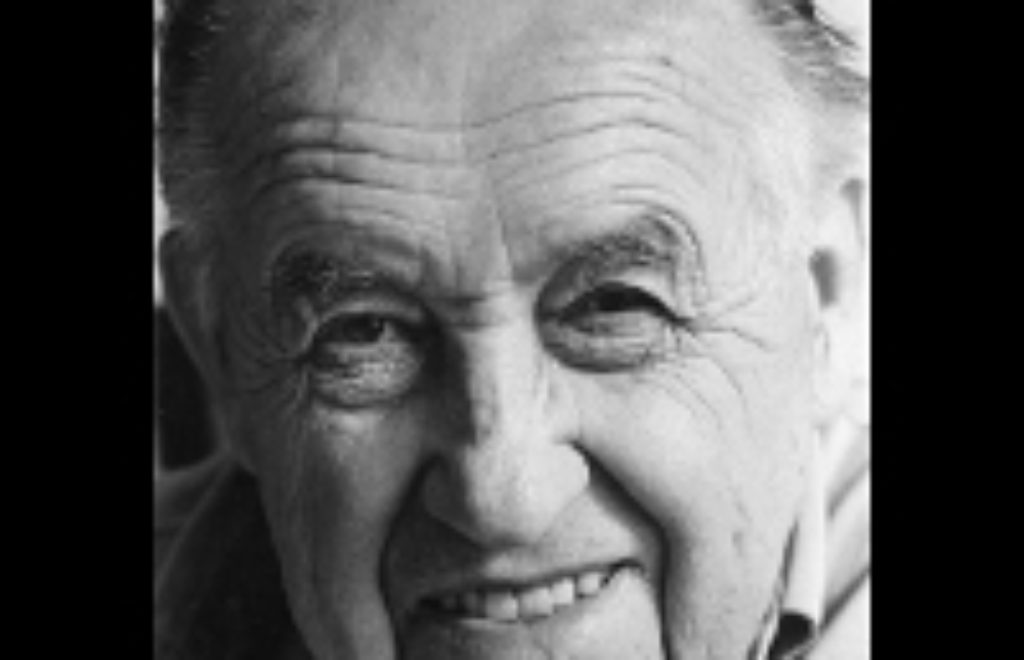Renewing the promise of European solidarity
When we ask Europeans what comes to their mind when they think of the word solidarity, we see that their answer today differs compared to what it was before February 24th 2022. Many will probably say that for them solidarity means support for the democratic Ukrainian society that is being attacked by Putinist Russia. Among the answers there might be justified opinions that the Russian political system has become fascist. The war in Ukraine is the next step in Russia’s authoritarian radicalisation, which translates into increased violence and aggression against its neighbours, but also against the Russian society. All dissent is brutally crushed there.
February 16, 2023 - Basil Kerski


